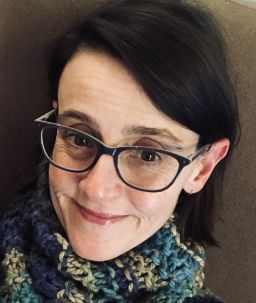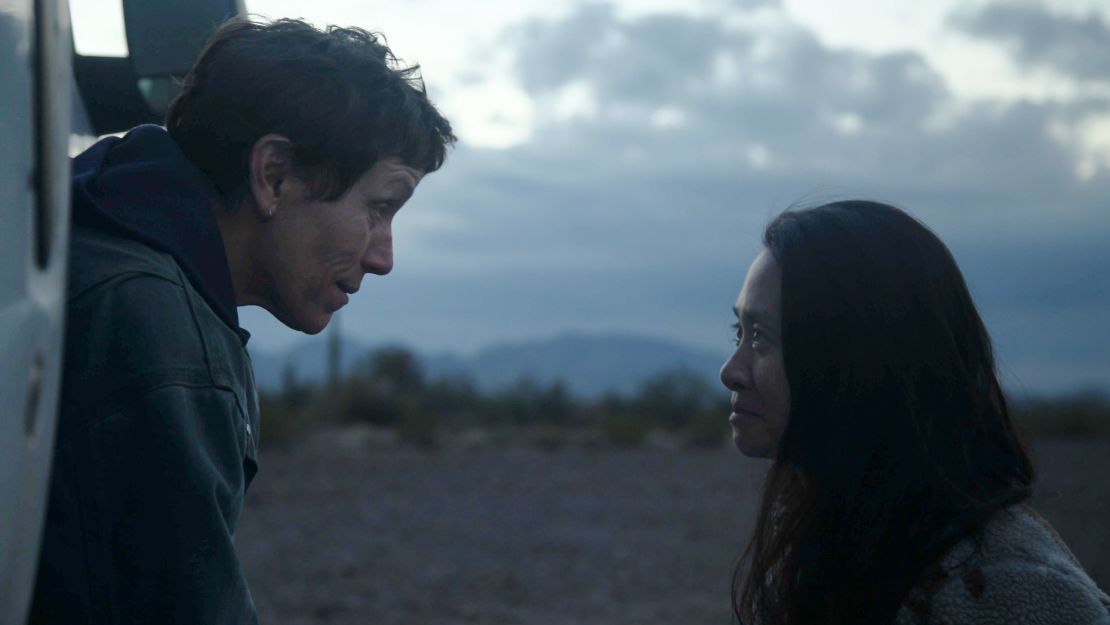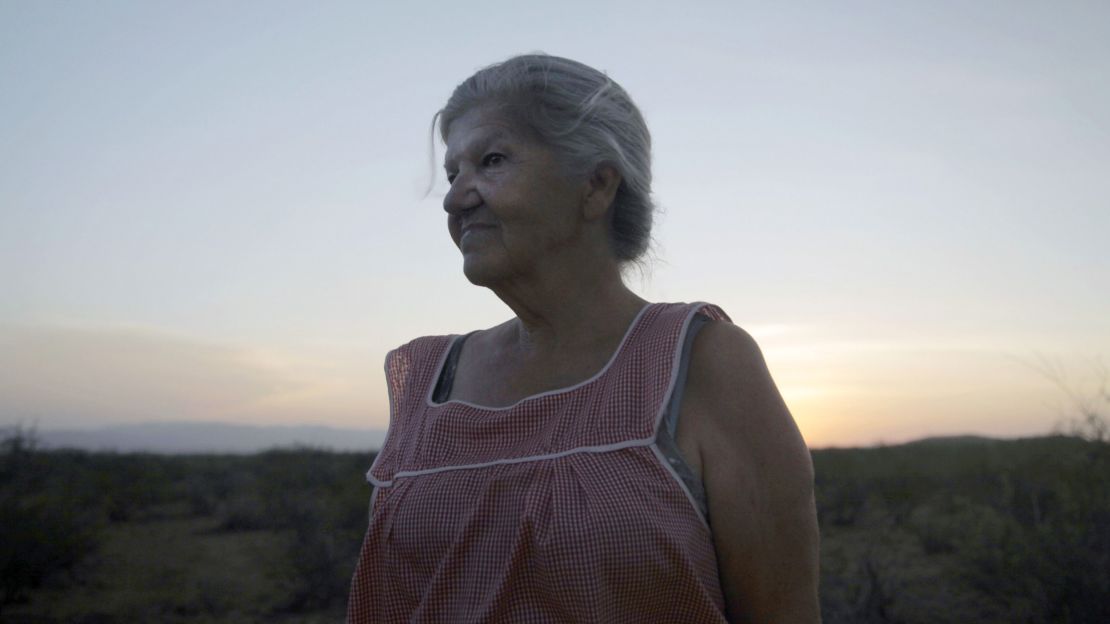Editor’s Note: Sara Stewart is a film and culture writer who lives in western Pennsylvania. The views expressed here are solely the author’s own. View more opinion articles on CNN.
Millions of American jobs have been lost due to the pandemic - and a lot of those positions likely aren’t coming back. People are losing their homes. What happens next?
The highly anticipated film “Nomadland,” out Friday in theaters and on demand, offers a powerful example of one possible scenario: life on the road, permanently.

The film, from director Chloé Zhao (“The Rider”), is a travelogue centered on Fern (Frances McDormand), a widowed and unemployed Nevadan who puts most of her belongings into storage and hits the road in her van, retrofitted to be a home on wheels. She drives around the US from work gig to work gig. One job is holiday-season packing at a gargantuan Amazon warehouse in Virginia, another harvesting sugar beets in North Dakota.
Along the way, she connects and reconnects with like-minded travelers, older Americans who, for one reason or another, are living out of their vans and RVs, doing seasonal work and occasionally coming together to trade tips and celebrate nomad life. None of the characters we meet are in truly desperate circumstances, but most seem one serious bout of bad luck away from oblivion. Their vehicles range from minivans to tricked-out trailers. Most of the people in Zhao’s film are playing themselves, other than McDormand and a couple of others (a craggy David Strathairn appears as one of her road buddies).
“Nomadland,” based on the 2017 nonfiction book of the same name by Jessica Bruder, is a masterpiece of natural beauty; its cinematography of the sprawling American west puts it into the company of the classics (“Badlands,” “Easy Rider,” “Thelma and Louise”). Don’t just take my word for it: Zhao is now “the most awarded filmmaker in a single awards season” in modern film history, Variety reports.

“Nomadland” is important for many reasons, not least the triumph of a female filmmaker and star (I would not be surprised to see McDormand scoop up more awards herself this year). As cultural commentary, the film is both an invitation to see America through the eyes of its nomads, and a haunting tale about the many reasons one might end up living that life.
Zhao shot the movie in 2018, and couldn’t have known that two years later Covid lockdowns would send sales of RVs and camper vans skyrocketing. Suddenly, everyone wanted to hit the road in their own home on wheels – because that felt like one of the only safe places to be.
I count myself among the camper-aspirational, though the current demand for models my husband and I covet, styled like the vans that are popular across Europe, are so in-demand it’s hard to find a used one, and shockingly expensive to buy a new one. My parents, meanwhile, have long been recreational RV’ers. They send us stunning photos of the vistas from their campsites, and stories about where the best places to stay are (Good: Includes dog park. Less good: Near racetrack).
There’s a stark divide, of course, between traveling in a camper for recreation and taking to the road because of your financial situation. But that gap may not be as wide as it seems. For many, the pandemic year has been a time of social and economic instability, for reassessing priorities and plans for the future.
Long before Covid hit, the economy wasn’t working for non-wealthy Americans, for whom belt-tightening has become all but inevitable. In her review of Bruder’s book, sociologist Arlie Russell Hochschild speculated that “the powerful force of automation and the destruction of any safety net may silently push more and more of us onto the open road.”
The pandemic may end up being the tipping point for countless more nomads, particularly older workers forced into early retirement by Covid downsizing. Working women of all ages have been disproportionately hit: last December, women accounted for all of the 140,000 net job losses reported, according to the Bureau of Labor Statistics.

Even when the country fully emerges from lockdown, experts expect the gig economy will continue to replace many former full-time positions. It seems reasonable to expect that more people, many older single women like Fern among them, may decide to do away with exorbitant rent or mortgage costs and embrace life on the road. “Nomadland” suggests there are upsides to that decision, alongside the very real risks.
In one chapter of “Nomadland,” Fern joins her friend Linda May for a gathering in Quartzsite, Arizona, called Rubber Tramp Rendezvous – a real annual event founded by “vandweller” Bob Wells, known for his YouTube channel CheapRVliving (a “rubber tramp” is someone who lives out of their van or RV). In the movie, he talks to the group about the mindset behind the lifestyle, the idea that there’s more to life than working yourself to death to acquire more possessions and debt. Nomads tell their own stories around a campfire, including one woman whose dying friend advised her not to wait any longer to see the world, inspiring her to take an earlier retirement and hit the road.
It’s hard to watch Zhao’s film without worrying for the fates of older nomads working hard physical labor and operating without, it seems likely, health insurance. But her portrayal never invites our pity. To claim control of your own destiny, it suggests, is courageous – “part of the American tradition,” as Fern’s more settled sister says (whether or not she means it). At the same time, Zhao points at the cruel lack of safety net: Linda May, who is one of Bruder’s central subjects, talks about working her whole life only to find she had minimal Social Security funds.
Get our free weekly newsletter
Notably, “Nomadland” doesn’t venture into the question of what van life is like when you’re not White. The vast majority of people in the film are. Zhao told Indiewire she didn’t come across “any kind of racism or bias during the time I spent on the road,” but added that “now, during the pandemic — and coming from China — I feel for the first time since I started living in America that I’m not sure want to hit the road for a while.” If America’s nomad ranks continue to grow, I hope we’ll hear from other, diverse voices on down the road.

